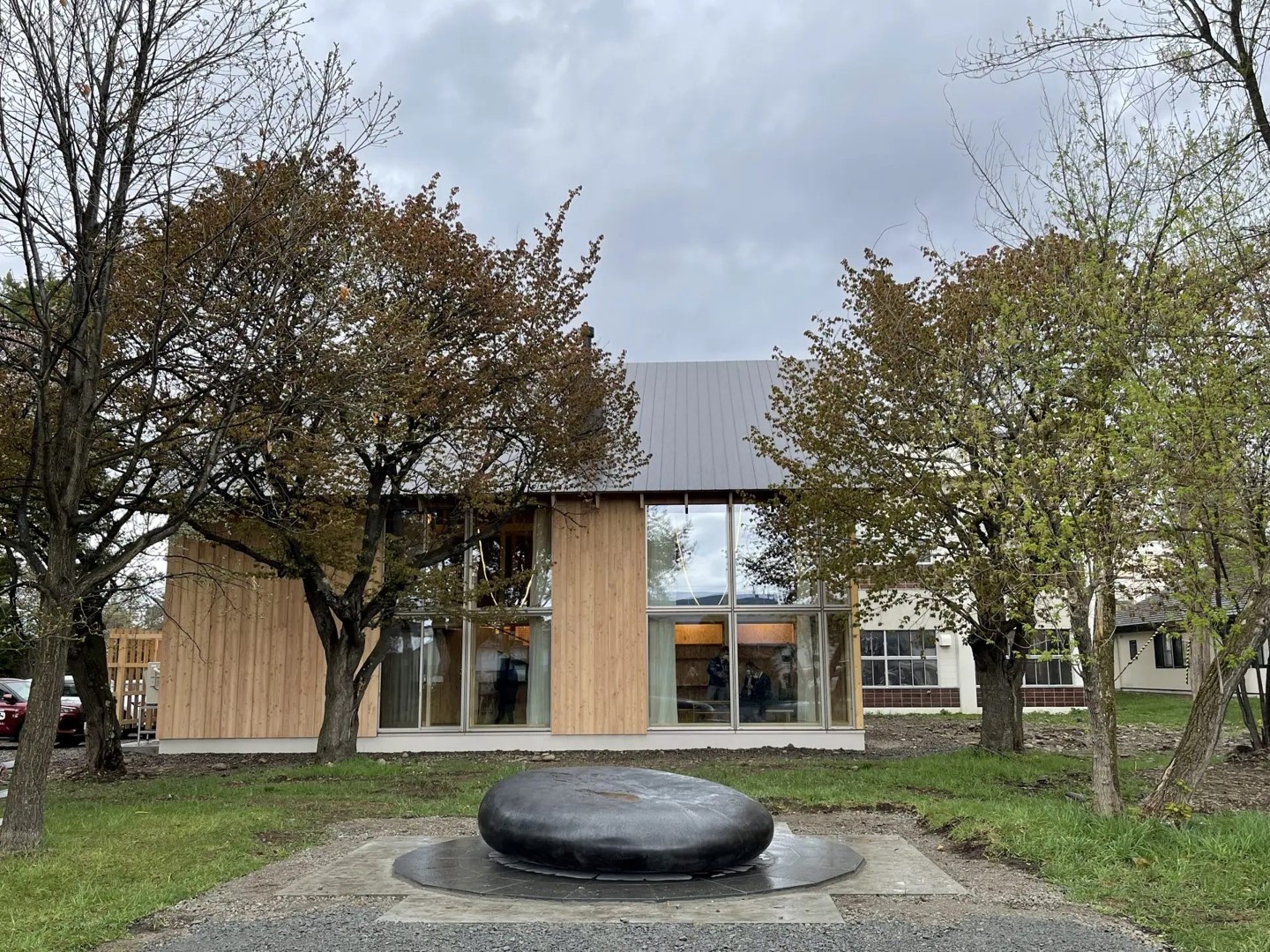The “zero-mistake” prison
In Japanese society, mistakes are not just discouraged; they are practically illegal. This “zero-risk” mindset dominates our culture, but nowhere is it more suffocating than in government offices. I speak from experience—I spent over ten years as a public servant. Specifically, I was at the Ministry of Finance (MOF).
Known as the “Ministry of Ministries” because it controls the national budget, the MOF recruits only the cream of the crop from the University of Tokyo’s Faculty of Law. The competition is lethal. Since the term for the Administrative Vice-Minister (the highest post) is only one or two years, only one person or less per generation can reach the top. It’s said to be harder than becoming the Prime Minister. Most elites drop out before they ever reach the end of their careers. Many transition into politics—like our current Finance Minister Katayama (as of 2026)—and the tactical battles between MOF bureaucrats and their former-colleague-turned-politicians can be top-tier entertainment. But while you’re actually working there, it’s a living hell of being constantly pushed around by those “shura” (asura-like warriors).
In that world, one single error can shut the door on your career forever. Naturally, the smartest move for a bureaucrat is to choose the low-risk path with a mountain of precedents. “No precedent” is the magic spell used to kill innovation.
The miracle of Higashikawa: No budget, no problem
But there is a small crack in this wall of conformity, located just a few miles from us in the town of Higashikawa. It’s a tiny town of only 8,000 people, with no trains and no public water system. By all accounts, it should be a ghost town. Instead, its population has been growing for 20 years.
The miracle started with a “rebel” mayor who imposed a simple, brutal rule on his staff: “Never say ‘no’ on the grounds of no budget or no precedent.” Without the “no precedent” shield, the staff was forced to actually think. They had to find creative ways to attract people without relying on Tokyo’s checkbook. The result? A town that feels more like a startup than a government office.
Kengo Kuma and the new frontier
This spirit of defiance eventually attracted world-famous architect Kengo Kuma. After the pandemic, Kuma-san became an advocate for decentralization. He chose Higashikawa for his satellite office, believing that the “new value” of the 21st century wouldn’t be found in the crowded skyscrapers of Tokyo, but in provincial areas that have the guts to be different.
He chose this town for its philosophy. At CondeHouse, we share that same Hokkaido DNA. We believe that being “far from the center” isn’t a disadvantage—it’s a freedom. It’s the freedom to create things that don’t rely on precedent, but on soul.
In the bureaucratic “hell” I once inhabited at the Ministry of Finance, a project like the Hatsune Miku Art Chair would have been strangled at birth. It has no precedent, it’s “risky,” and it defies every traditional category. But Higashikawa’s success proves that the most beautiful things happen when you stop worrying about spreadsheets and start embracing miracles. We built this chair because, like the town that attracted Kengo Kuma, we believe the future belongs to those who dare to be “irrational.” Why sit in a chair designed by the fear of making a mistake when you can sit in one designed by a rebellious spirit?
Ready to leave the world of “no precedent” behind? Click the banner below to explore the furniture that would have made my former MOF colleagues’ heads spin.


Shungo Ijima
Global Connector | Reformed Bureaucrat | Professional Over-Thinker
After years of navigating the rigid hallways of Japan’s Ministry of Finance and surviving an MBA, he made a life-changing realization: spreadsheets are soulless, and wood has much better stories to tell.
Currently an Executive at CondeHouse, he travels the world decoding the “hidden DNA” of Japanese culture—though, in his travels, he’s becoming increasingly more skilled at decoding how to find the cheapest hotels than actual cultural mysteries.
He has a peculiar talent for finding deep philosophical meaning in things most people ignore as meaningless (and to be fair, they are often actually meaningless). He doesn’t just sell furniture; he’s on a mission to explain Japan to the world, one intellectually over-analyzed observation at a time. He writes for the curious, the skeptical, and anyone who suspects that a chair might actually be a manifesto in disguise.
Follow his journey as he bridges the gap between high-finance logic and the chaotic art of living!

